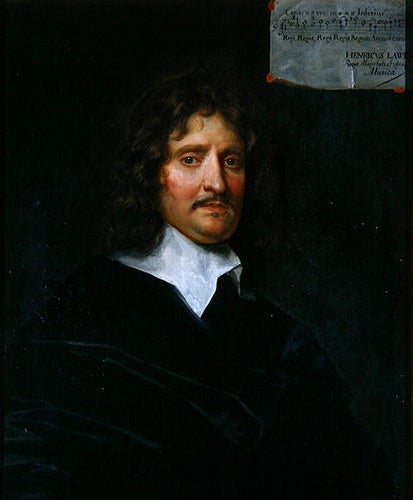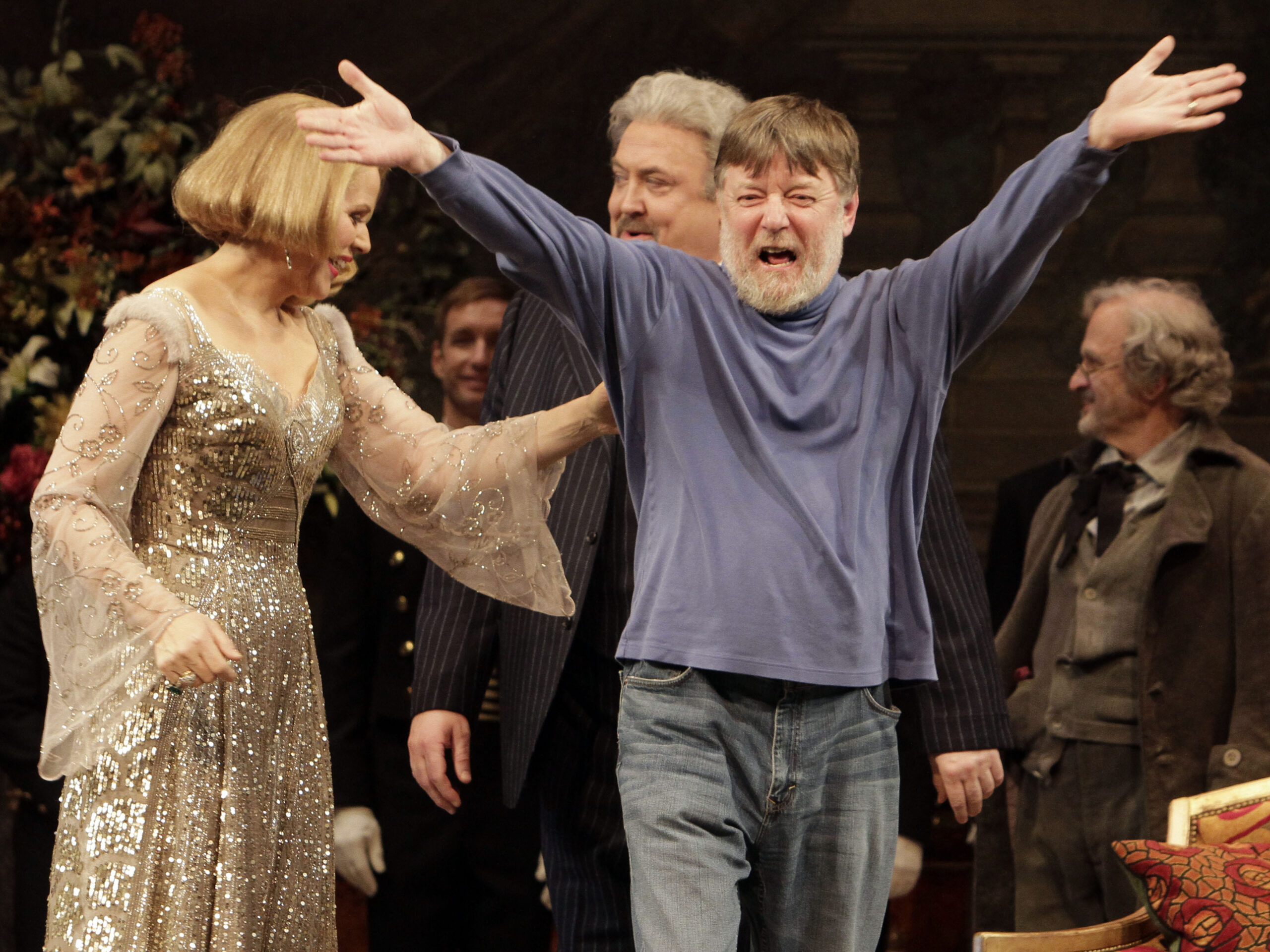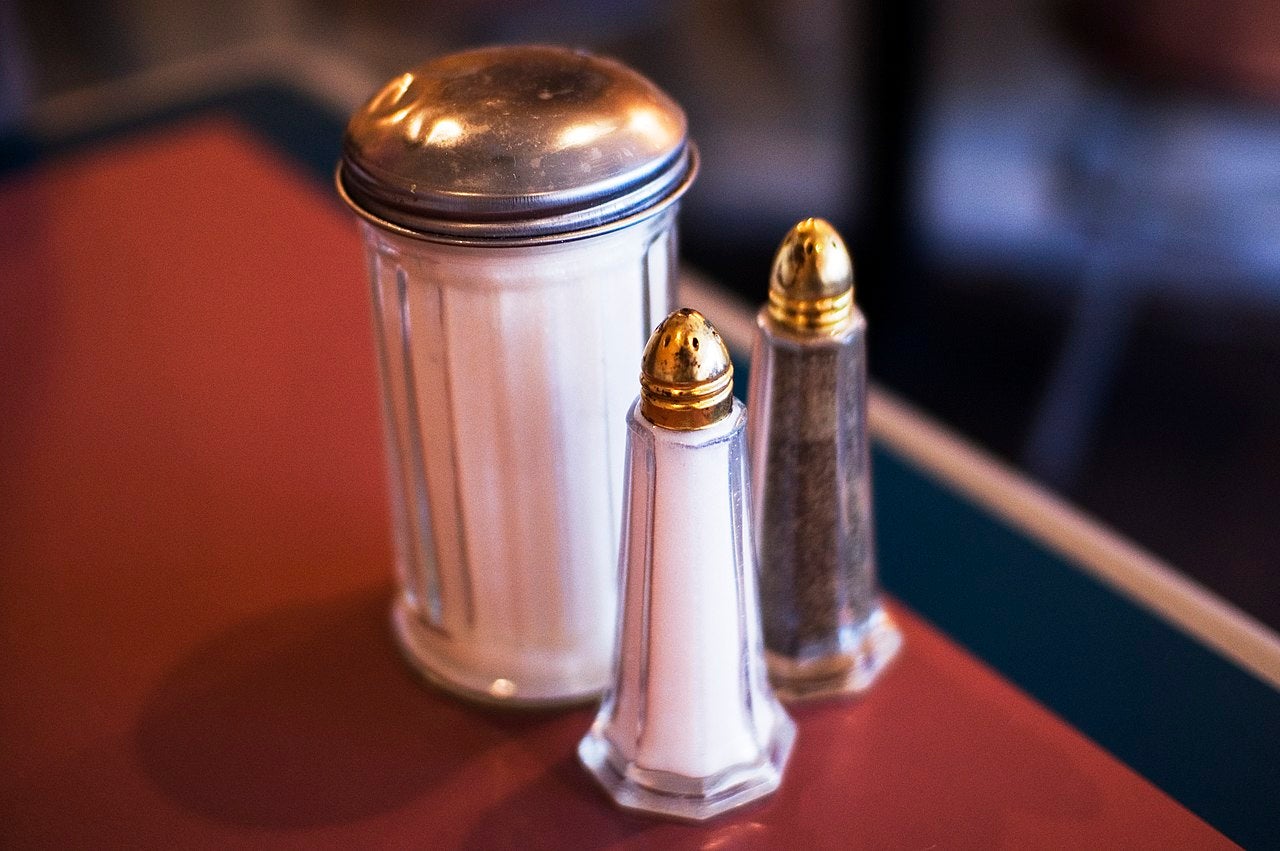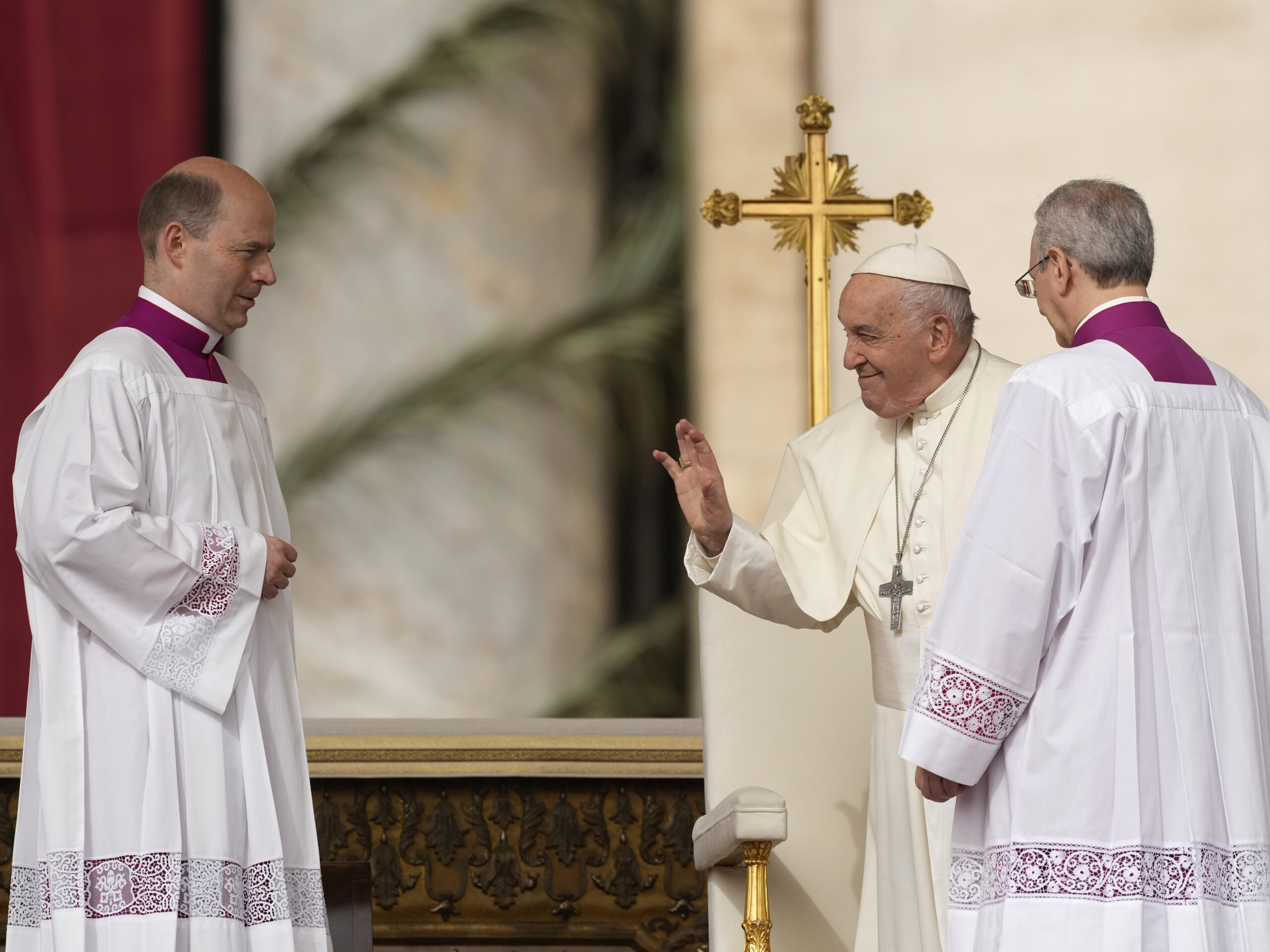Henry Lawes had an enviable position as court composer to England’s King Charles the First. Although the job came with status, rich food and fine clothing, it had definite drawbacks.
A salary supposedly came with the position of gentleman of the Chapel Royal, but the king’s financial problems often pinched off payments to members of court. In 1627, the year after Lawes came to the court, it was rumored that the members of the king’s household had gone unpaid for three years.
Then came the murder of the Duke of Buckingham, the king’s best friend. The death cast a pall over the court. Even when the official period of mourning had passed, the king insisted that his music be melancholy. Songs of those unhappy times included “O let me groan one word into thine Ear” and “I rise and grieve, I walk and see my sorrow.”
Stay informed on the latest news
Sign up for WPR’s email newsletter.
In those difficult times, Lawes lived well. He was promoted to The King’s Private Music. His new post brought him a higher salary—at least in theory, a billowy gown and doublet of black velvet, and a fine damask jacket. He dined on beef, mutton, fish, fowl, cheese, loaves, ale, and special dishes from the king’s table.
His position required him to produce and perform in court masques. The king became increasingly fond of lavish pageants, perhaps because they provided a diversion from his debts, his dissatisfied subjects, and opposition from the increasingly powerful Puritans.
Lawes and his fellow musicians had the responsibility of creating a pleasant, fanciful world filled with cupids, shepherds, nymphs, gods and allegorical personages. The illusion–created with the help of ingenious stagecraft—lasted for nearly two decades before Civil War toppled Charles from the throne and cost him his head.
The musician proved more durable than the monarch did. In 1660, eleven years after the execution of Charles the First, Henry Lawes became court musician to King Charles the Second.
Wisconsin Public Radio, © Copyright 2024, Board of Regents of the University of Wisconsin System and Wisconsin Educational Communications Board.





